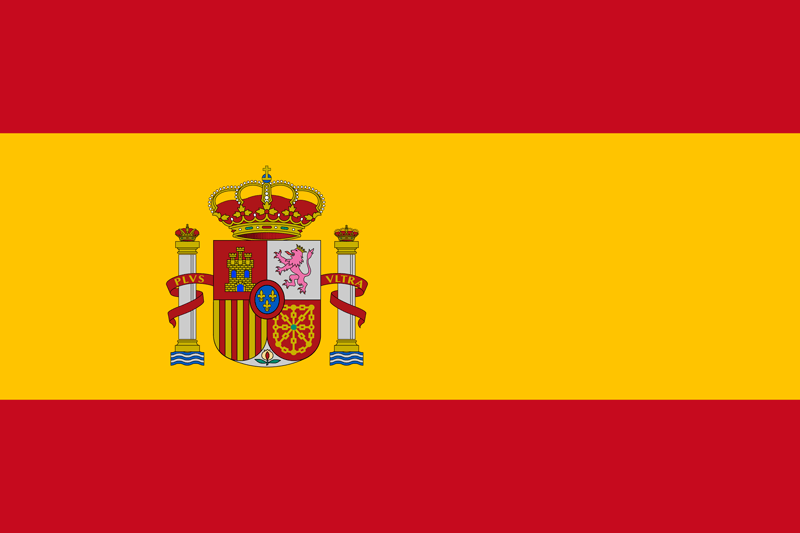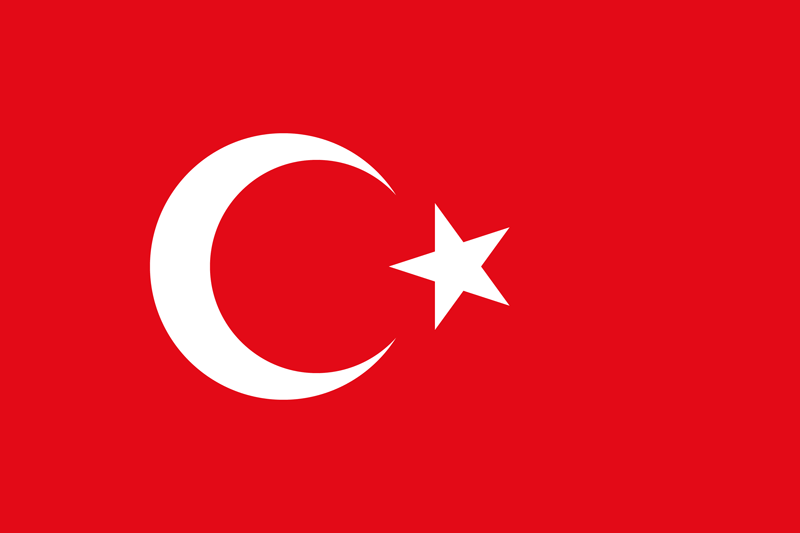- Summer Schools 2026
-
By Subject
- Arts 101 Courses
- Architecture 15 Courses
- Art 9 Courses
- Creative Writing 29 Courses
- Design 11 Courses
- Drama 5 Courses
- Fashion 4 Courses
- Literature 30 Courses
- Media 15 Courses
- Business 62 Courses
- Marketing 12 Courses
- Climate & Sustainability 22 Courses
- Economics 40 Courses
- Engineering 34 Courses
- English 27 Courses
- Exam Preparation 3 Courses
- Finance 15 Courses
- Humanities 137 Courses
- History 54 Courses
- Law 23 Courses
- Leadership 64 Courses
- Medicine 48 Courses
- Neuroscience 7 Courses
- Philosophy 8 Courses
- Politics 37 Courses
- International Relations 27 Courses
- Psychology 22 Courses
- SAT Prep 1 Course
- Sciences 70 Courses
- Chemistry 9 Courses
- Natural Sciences 10 Courses
- Physics 14 Courses
- Veterinary Science 2 Courses
- Social Sciences 32 Courses
- Human Sciences 9 Courses
- Sports 5 Courses
- STEM 83 Courses
- Mathematics 14 Courses
- Tech & Coding 37 Courses
- Artificial Intelligence 22 Courses
- Computer Science 26 Courses
- University Preparation 167 Courses
- By Age
- Search Courses
-
Summer Schools 2026
By Subject
- Arts 101 Courses
- Architecture 15 Courses
- Art 9 Courses
- Creative Writing 29 Courses
- Design 11 Courses
- Drama 5 Courses
- Fashion 4 Courses
- Literature 30 Courses
- Media 15 Courses
- Business 62 Courses
- Marketing 12 Courses
- Climate & Sustainability 22 Courses
- Economics 40 Courses
- Engineering 34 Courses
- English 27 Courses
- Exam Preparation 3 Courses
- Finance 15 Courses
- Humanities 137 Courses
- History 54 Courses
- Law 23 Courses
- Leadership 64 Courses
- Medicine 48 Courses
- Neuroscience 7 Courses
- Philosophy 8 Courses
- Politics 37 Courses
- International Relations 27 Courses
- Psychology 22 Courses
- SAT Prep 1 Course
- Sciences 70 Courses
- Chemistry 9 Courses
- Natural Sciences 10 Courses
- Physics 14 Courses
- Veterinary Science 2 Courses
- Social Sciences 32 Courses
- Human Sciences 9 Courses
- Sports 5 Courses
- STEM 83 Courses
- Mathematics 14 Courses
- Tech & Coding 37 Courses
- Artificial Intelligence 22 Courses
- Computer Science 26 Courses
- University Preparation 167 Courses
By Age
Search Courses
Interested in hearing more? Get started today!
Make EnquiryEconomic History: The Great Divergence, Convergence, and Beyond
Economic History: The Great Divergence, Convergence, and Beyond summer course in Oxford, by Lady Margaret Hall.
Oxford Summer Courses Guide » Courses » Lady Margaret Hall » Economic History: The Great Divergence, Convergence, and Beyond
 DATES & FEES
DATES & FEES
- Duration: 3 Weeks
-
Dates: June - August 2026
Start Dates:
- TBD for 2026 - Join the Waitlist
- Age Range: 19+
- Fees from: £4,060.00
- Campuses: Lady Margaret Hall,Oxford University Colleges
Course Summary
What are the causes of the vast differences in wealth between nations? Why have certain societies prospered whilst others still grapple with poverty? Will inequality between the developed and developing worlds be permanent? Addressing these questions and understanding today’s global economy requires a historical perspective.
This course will begin with an introduction to Economic History as an interdisciplinary subject, and to the methods and sources economic historians use. You will then explore some of the key events of the past 500 years, including the Transatlantic slave-trade, colonialism, and the Industrial Revolution, examining their links to the phenomenon known as the ‘Great Divergence’, when levels of wealth in the Western world separated from everywhere else. We will then consider the more recent phenomenon of ‘Convergence’, and investigate why certain countries, including Japan and China, managed to catch up with their European counterparts, whilst others fell further behind. In the final part of the course you will reflect on the limits of ‘Convergence’, and assess whether inequality has become an immovable feature of global development. Throughout the course you will be introduced to frontline research and a variety of interdisciplinary approaches, with a particular focus on quantitative methods.
- Live and study in Lady Margaret Hall, one of Oxford's finest colleges
- Learn from experienced academics using the tutorial system
- Enjoy meals in hall, experiencing life as an Oxford student
- Gain new skills to take you further in your future academic or professional career.
- All tuition, including lectures, seminars, and tutorials
- Assessment, transcript of academic performance, and certificate
- A co-curricular programme of skills workshops and guest speakers
- Access to the Lady Margaret Hall College Library
- Bed & Breakfast accommodation in a single bedroom throughout your programme
- Lunch and dinner in the College Dining Hall Monday to Friday
- A full Social & Cultural Programme, including two excursions to other English cities per three-week programme session
- A high-quality printed class photograph
- Formal Graduation banquet
Video
More Information
Teaching:
LMH Summer Programmes are designed and delivered by experienced academics from Lady Margaret Hall and across the University of Oxford, and are taught using the Oxford teaching model, which emphasises personalised small-group learning.
In a series of thought-provoking lectures and lively seminar discussions you will learn about cutting-edge research, expand your core knowledge, and explore new ideas and concepts among peers with diverse international perspectives and academic backgrounds.
Tutorials, the conclusion of each week’s study, are an intellectual thrill. They are a unique opportunity for focused and personalised attention from an expert academic and a space for enthusiastic debate of important ideas. Alongside no more than two to three other students, you will present and discuss your work, accept constructive criticism, and engage with the ideas of your fellow students. These rigorous academic discussions help develop and facilitate learning in a way that cannot be done with lectures alone.
Assessment:
On a three-week LMH Summer Programme students produce one piece of assessed work every week, which is submitted to the tutor and then discussed in a tutorial. At the end of each week you will receive a percentage grade for your submitted work. Each week’s work counts for a third of your final percentage grade, so your final grade is an average of the mark received for each piece of work. Students who stay for six or nine weeks will receive a separate grade for each 3-week course.
Academic Credit:
Lady Margaret Hall will provide a transcript of your assessed work, and can send this directly to your home institution if required. LMH Summer Programmes are designed to be eligible for academic credit, and we will communicate with your home institution to facilitate this as needed. As a guide, we recommend the award of 15 CATS / 7.5 ECTS / 4 US Credits for each 3-week course.
You will stay in College accommodation onsite at Lady Margaret Hall, in bedrooms normally occupied by our undergraduate students during term time.
You will eat breakfast each day in the Dining Hall, and lunch and dinner will also be provided in College on each of your teaching days. On the final evening of the course there is a Graduation Formal Hall, when students dress up in their finest outfits for a special banquet served in the Dining Hall.
 DATES & FEES
DATES & FEES
- Duration: 3 Weeks
-
Dates: June - August 2026
Start Dates:
- TBD for 2026 - Join the Waitlist
- Age Range: 19+
- Fees from: £4,060.00
- Campuses: Lady Margaret Hall, Oxford University Colleges
Frequently Asked Questions
Lady Margaret Hall Frequently Asked Questions












